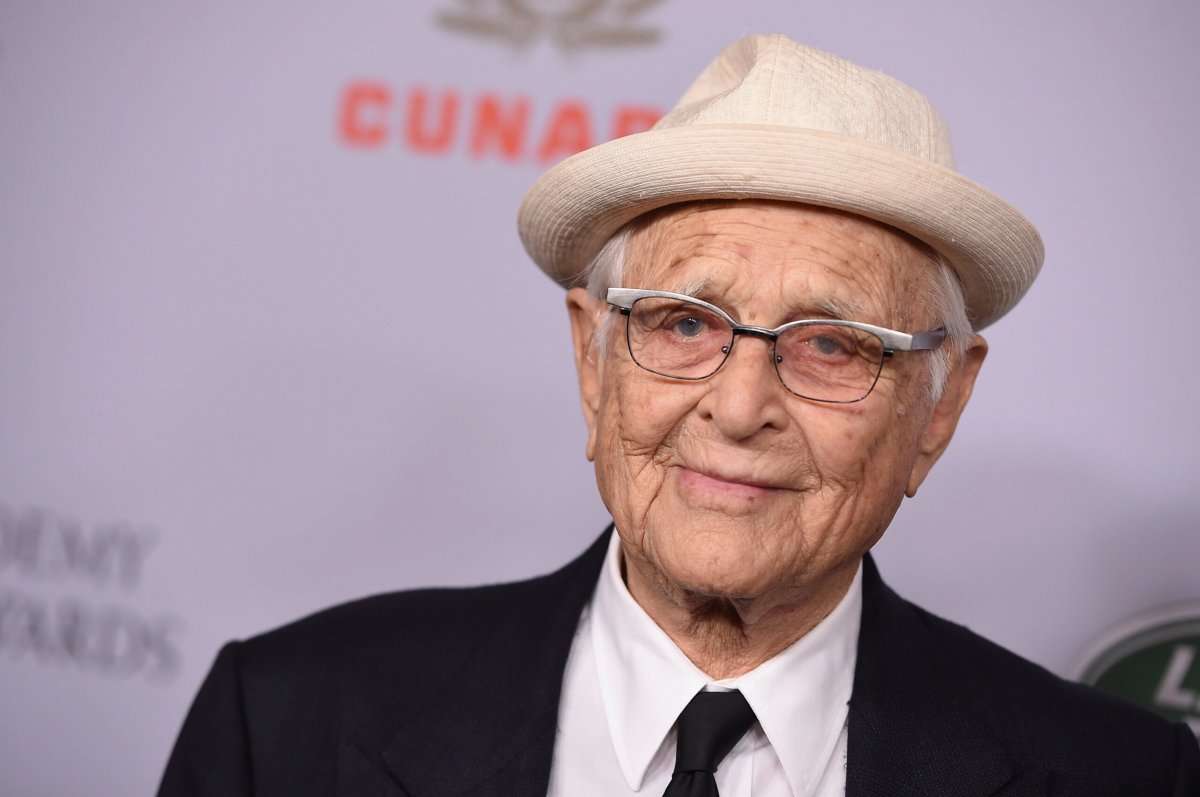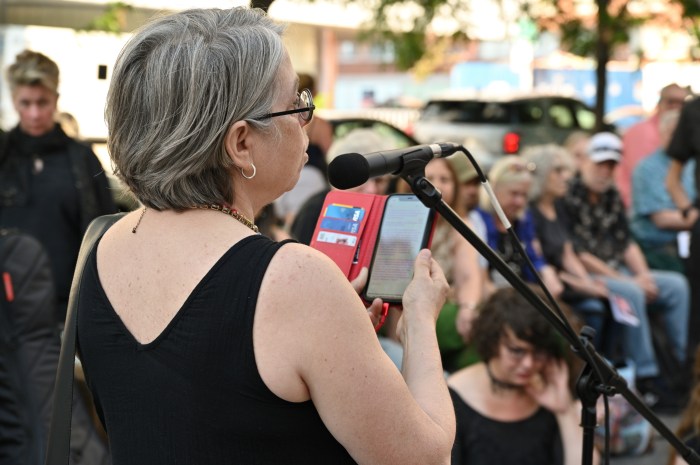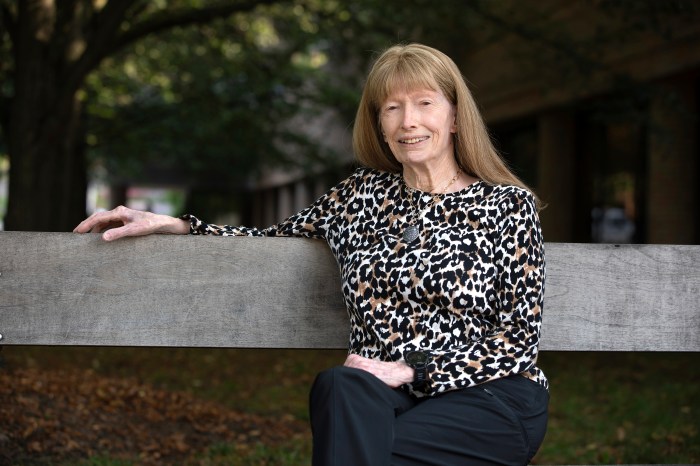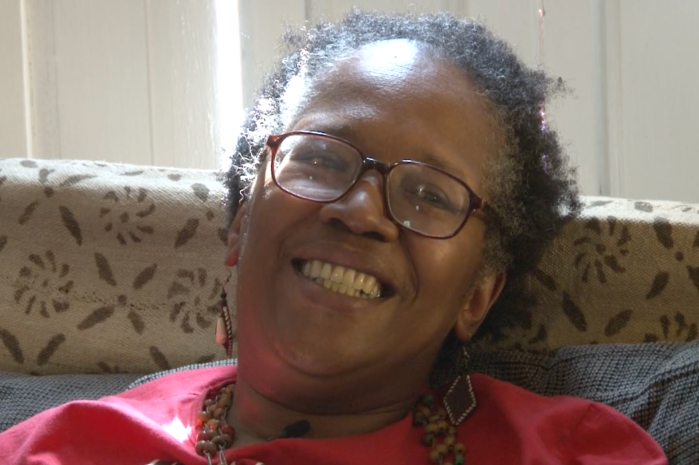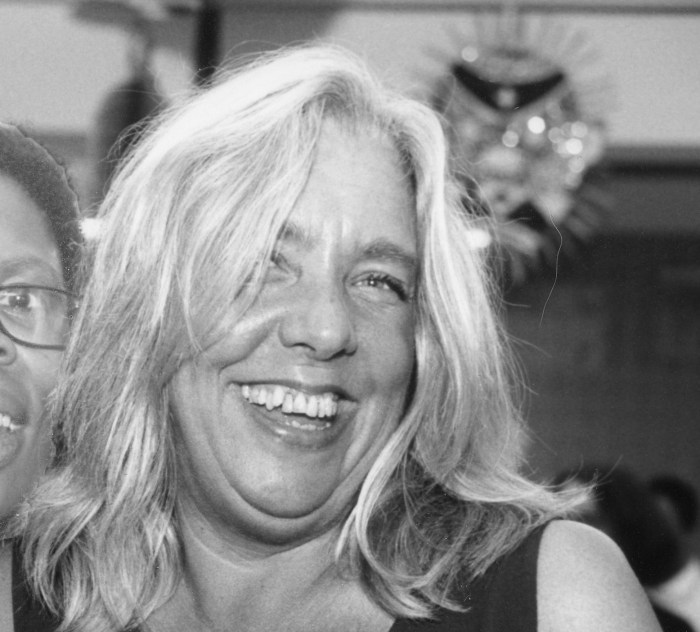“Liz was a lez?!”
These were the words of the fictional character Archie Bunker from the 1970s sitcom, “All in the Family” when he discovers that his wife Edith’s recently deceased cousin was a lesbian.
It is one of the most memorable lines in the history of prime-time television, in my opinion.
The episode, entitled, “Cousin Liz,” first aired on the CBS television network on Oct 9, 1977, and its bombshell humor was characteristic of not only “All in the Family” but other sitcoms of the 1970s and ‘80s delivered to American and international audiences by pioneering television producer and screenwriter Norman Lear.
Award-winning Lear, whose portfolio of TV productions include such classics as “The Jeffersons,” “Maude” and “Sanford and Son,” died Dec. 5 at the age of 101 after a career that spanned 75 years.
Lear’s sitcoms brought the most heated debates of the post-civil rights, post-Roe v. Wade, post-Stonewall era into American homes at so-called family viewing hour, and projected them out into the world as representations of this American life.
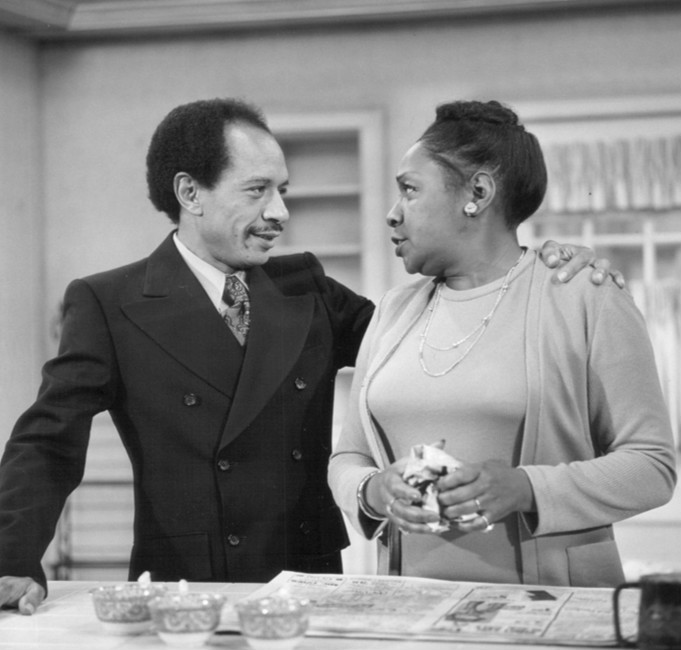
One of the topics the shows tackled was mainstream attitudes towards LGBTQ+ people (though painfully sparse on queers’ own perspectives).
On Lear’s sitcoms, viewers encountered characters and storylines addressing next-of-kin protections for same-sex couples like Cousin Liz’s surviving partner, LGBTQ political organizing, gender affirmation surgery for trans people, and the mystique of “the gay bar” whose threshold baby queers yearned to cross at a pre-Grindr time when straight society mythicized it as the entrance to Hell.
In an episode of “Sanford and Son” that first aired on Oct. 19, 1973, cantankerous, elderly junkman Fred Sanford’s grown, heterosexual son, Lamont, and Lamont’s buddy, Rollo, walk into a gay bar by mistake. Sanford’s crony, Bubba, catches sight of the two entering the venue and rushes to inform Sanford.
“The name of this place was the ‘Gay Blade,’” Bubba tells Sanford. “You know what ‘gay’ is, don’t you?”
Sanford replies with a confident smile on his face, “Yeah…that means ‘happy’!”
Laughter erupts from the studio audience.
“Not anymore,” Bubba says, fear in his eyes.
It’s funny now to think that that was funny then.
To anyone born at or after the time of this broadcast, the meaning of “gay” is identity first, emotion second, the inverse of Sanford and Bubba’s understanding.
In the dialogue of most episodes of Lear-produced sitcoms dealing with queer themes, characters struggle to even name homosexuality or gender identity, and the humor comes from their confoundment by the newfangled vocabulary going mainstream in the 1970s.
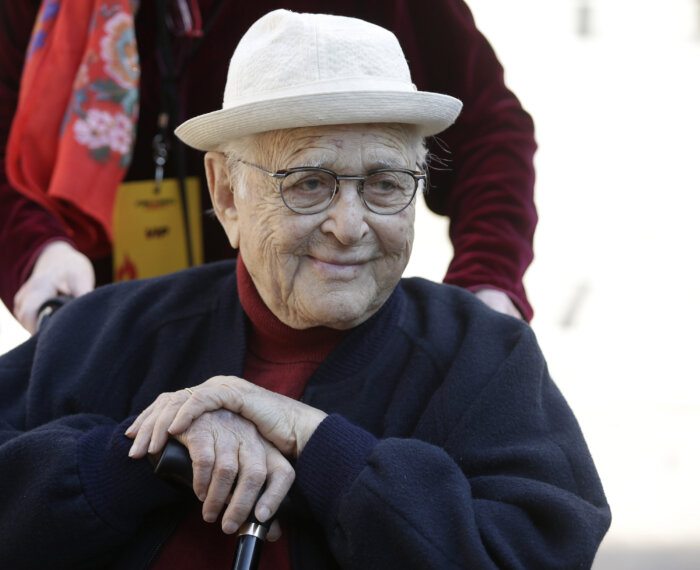
When I teach courses on the history of representation in media and popular culture, my Gen Z (and, progressively, younger) students either don’t get or don’t like the punchlines in Lear sitcoms. Not because the lingo is new, but because it is way old.
In an episode of “All in the Family” from 1971, Archie Bunker lays down definitions as he understands them: “A guy who wears glasses is a Four Eyes,” he pontificates to his son-in-law, Michael Stivic, whom Bunker habitually calls “dumb Polack” (a slur in the US against people of Polish heritage) to his face, “a guy who’s a fag is a queer.” Taking a seat in his throne of an armchair, Bunker then proceeds to tell Edith, “You’ve seen Roger sashaying around here with his la-dee-da talk — he’s a pansy!” Men and boys speaking with a healthy vocabulary was, to the Archie Bunkers of the world, a clear sign of homosexuality. But Archie’s attack is defused, albeit it unwittingly, by Edith who replies, “I don’t know; I’m not an expert on flowers.”
A slur like “pansy” can only retain its power when everyone present comprehends the euphemism.
To my students, these jokes land flat because the euphemisms and slurs have since been repossessed by their intended targets. “What’s so funny about ‘queer’?” the students’ blank faces express. They, born in the mid-2000s, are the inheritors of a world bookended by Archie Bunker and RuPaul, who two decades after Archie’s sashay slur made “sashay” a household word. To my students, that latter reference is itself grandmotherly.
When the recurring character of Beverly LaSalle, a female impersonator who becomes good friends with Edith Bunker, makes his first appearance on “All in the Family,” and identifies himself, dressed in full daytime drag, as a “transvestite,” Edith, puzzling over the definition of the word, responds with her outer-borough naivete, “Well, you sure fooled me. You ain’t got no accent at all.” That was 1975.
Characters in Lear-produced sitcoms showed mainstream audiences that gays and lesbians were among their nearest and dearest. In the episode, “Judging Books by Covers,” first broadcast on February 9, 1971, Archie learns that his “normal,” masculine buddy is a completely self-accepting gay man.
To mark the 20th anniversary of “All in the Family” in 1991, CBS aired a special hosted by Norman Lear himself. (The sitcom’s final season had aired twelve years previous, but it was still in syndication and widely watched.) On that special, actress Sally Struthers, who played Gloria, Archie and Edith’s daughter, recalled that when the show premiered, “I heard that [the producers] manned all the CBS stations across the country with extra operators to take all the angry phone calls that were going to come in from people seeing the show, [but that] didn’t happen. They got a lot of phone calls, but people were calling in and saying” – in a mock Bunker accent – “What was that?! Is that coming back?!”
Nicholas Boston, Ph.D., is a professor of media sociology at the City University of New York-Lehman College.

